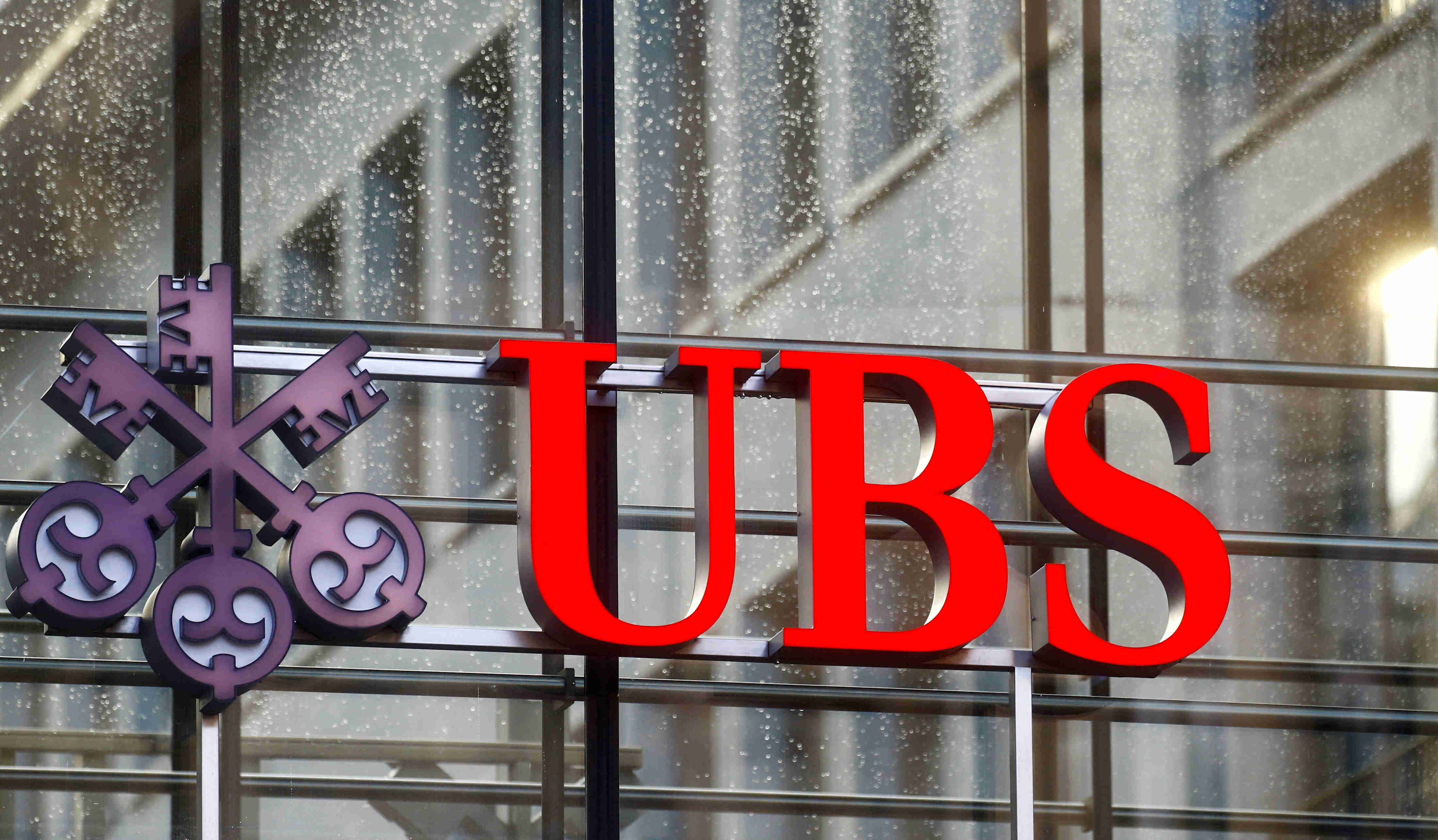UBS Reputation: A Deep Dive into Strengths, Weaknesses, and Considerations
UBS holds a well-established reputation in the financial world, particularly recognized for its wealth management services and global presence. Let's delve deeper into the factors that contribute to UBS's standing and explore some potential drawbacks to consider when making a financial decision.
Strengths of UBS:
- Legacy and Brand Recognition: Founded in 1862, UBS boasts a long and distinguished history. This heritage inspires confidence in its stability and experience managing wealth across generations.
- Global Reach: With a presence in key financial centers worldwide, UBS offers a wider range of investment opportunities and caters to a diverse international clientele. This global reach can be particularly attractive for high-net-worth individuals with assets spread across different countries.
- Wealth Management Expertise: UBS is a leader in wealth management, specializing in personalized investment strategies and financial planning for high-net-worth individuals. They offer a dedicated team of wealth advisors who can provide tailored solutions based on your unique financial goals and risk tolerance.
- Stringent Regulatory Oversight: As a major Swiss bank, UBS is subject to strict regulations imposed by the Swiss Financial Market Supervisory Authority (FINMA). This rigorous oversight can be seen as a positive for security and stability, giving clients peace of mind regarding their assets.
Potential Concerns:
- Past Controversies: UBS has faced some public scrutiny in the past, including fines for market manipulation. While these issues were addressed, they may raise concerns for some investors seeking a financial institution with a perfectly clean record. It's important to research these past controversies and how UBS has addressed them to make an informed decision.
- High Fees: Wealth management services often come with higher fees compared to basic investment options. UBS is no exception, and their fees can be a significant factor to consider, especially for those with lower net worth. Be sure to understand the fee structure associated with any wealth management service before committing.
- Investment Minimums: UBS often has minimum investment requirements to qualify for their wealth management services. This can exclude individuals with lower net worth who may still benefit from professional financial guidance. Explore whether UBS's minimums align with your current investment portfolio.
The Final Word:
UBS is a reputable financial institution with a strong track record, global reach, and a deep understanding of wealth management. Their focus on personalized service makes them a good fit for high-net-worth individuals seeking comprehensive financial solutions. However, potential drawbacks include past controversies, high fees, and investment minimums.
Before entrusting your wealth to UBS, consider these additional steps:
- Compare Fees: Research the fees associated with UBS's services and compare them to other wealth management firms. There may be hidden costs or ongoing charges to factor into your decision.
- Investment Goals: Clearly define your investment goals and risk tolerance. UBS's investment strategies may not be suitable for everyone. Discuss your goals with a wealth advisor to ensure alignment.
- Explore Alternatives: Don't limit yourself to UBS. Explore other wealth management firms and investment options to find the best fit for your needs and risk profile.
Ultimately, the decision of whether UBS is right for you depends on your individual circumstances and financial goals. By carefully considering their strengths, potential drawbacks, and conducting your own research, you can make an informed choice about your wealth management strategy.
Additional Resources:
- UBS Website: https://www.ubs.com/
- UBS Wikipedia Page: https://en.wikipedia.org/wiki/UBS


